HIGHLIGHTS
GET TO KNOW US
GET INVOLVED
MEDIA
REGIONS
California, Georgia, Chicago, North Carolina, New Orleans, Puerto Rico, Kentucky, Navajo Nation, Washington, D.C., Hawaii
INTERNATIONAL
North Carolina Health Access
CORE provides overdose prevention and educational programs to promote harm reduction and long-term health equity among regional tribal communities in North Carolina.
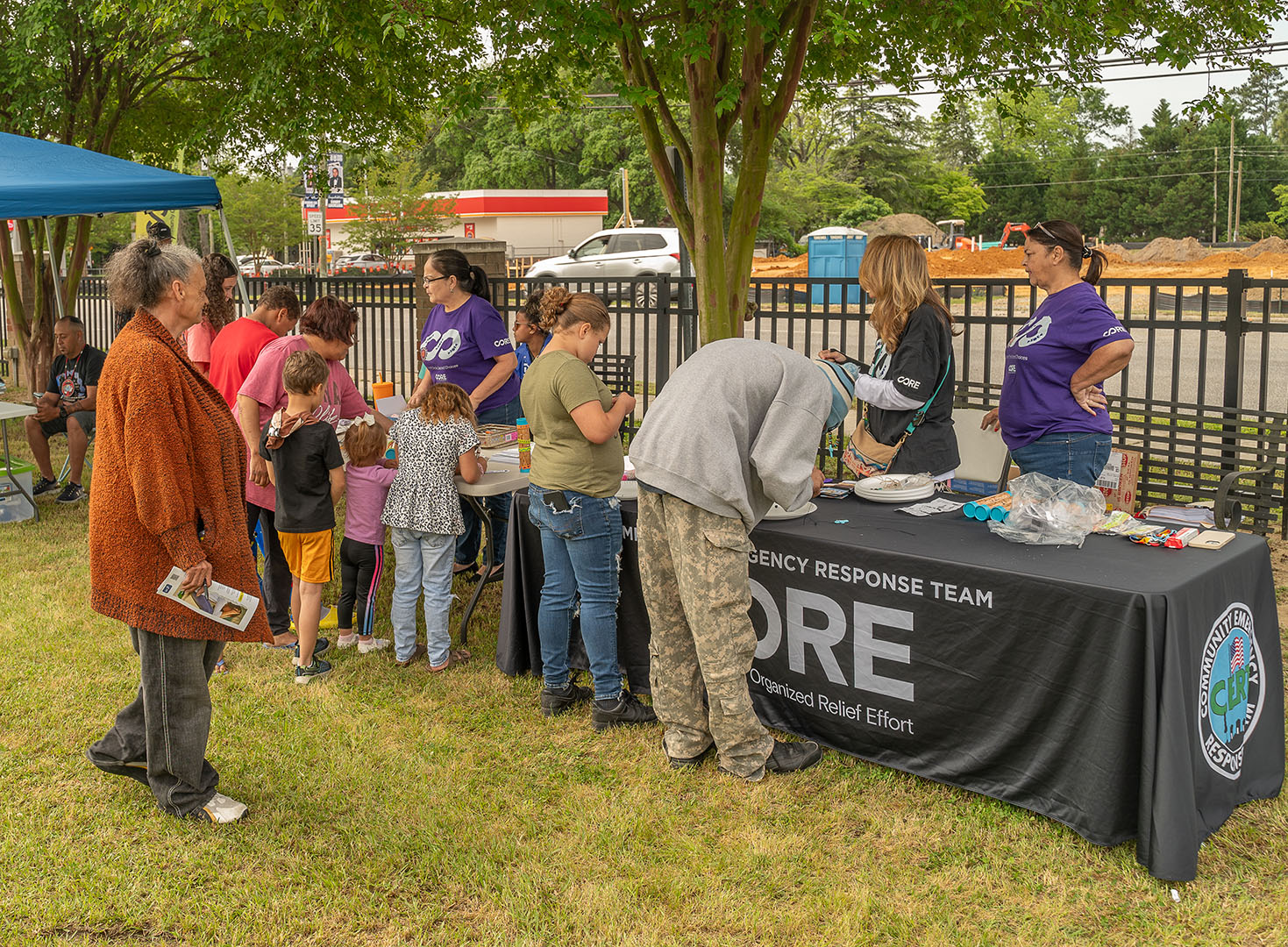
How is CORE addressing health access in North Carolina?
The Native American population in North Carolina suffers from staggering and disproportionate overdose death rates, while also experiencing substantial barriers to accessing life-saving measures. These communities are confronted with challenges including lack of physicians offering addiction treatment, a knowledge gap about the life saving medication naloxone, and stigmas that interfere with people accessing addiction treatment.
CORE collaborates with leaders and members of the Lumbee Tribe in Robeson, Hoke, Scotland, and Cumberland Counties to treat and address the root causes of the opioid epidemic in tribal communities in North Carolina.
Opioid Overdose Prevention and Education
Since 2023, CORE has provided critical access to care and education to those experiencing or affected by substance use disorders. CORE and UNC-Chapel Hill School of Medicine collaborate to reduce opioid harms by providing overdose education, naloxone administration, and stigma reduction trainings to the community.
Culturally relevant community education on overdoses and opioid use disorders is vital to decreasing negative stigma, ensuring those afflicted get the help they need, and better informing those who are most at risk of developing use disorders. To supplement this work, CORE distributes fentanyl test strips, medicine safe lock boxes, and Narcan® (naloxone) and offers training to help educate and equip community members to save lives.
Click here to learn more about CORE’s partnership with UNC School of Medicine.
800
Narcan® (naloxone) nasal sprays and harm reduction kits distributed
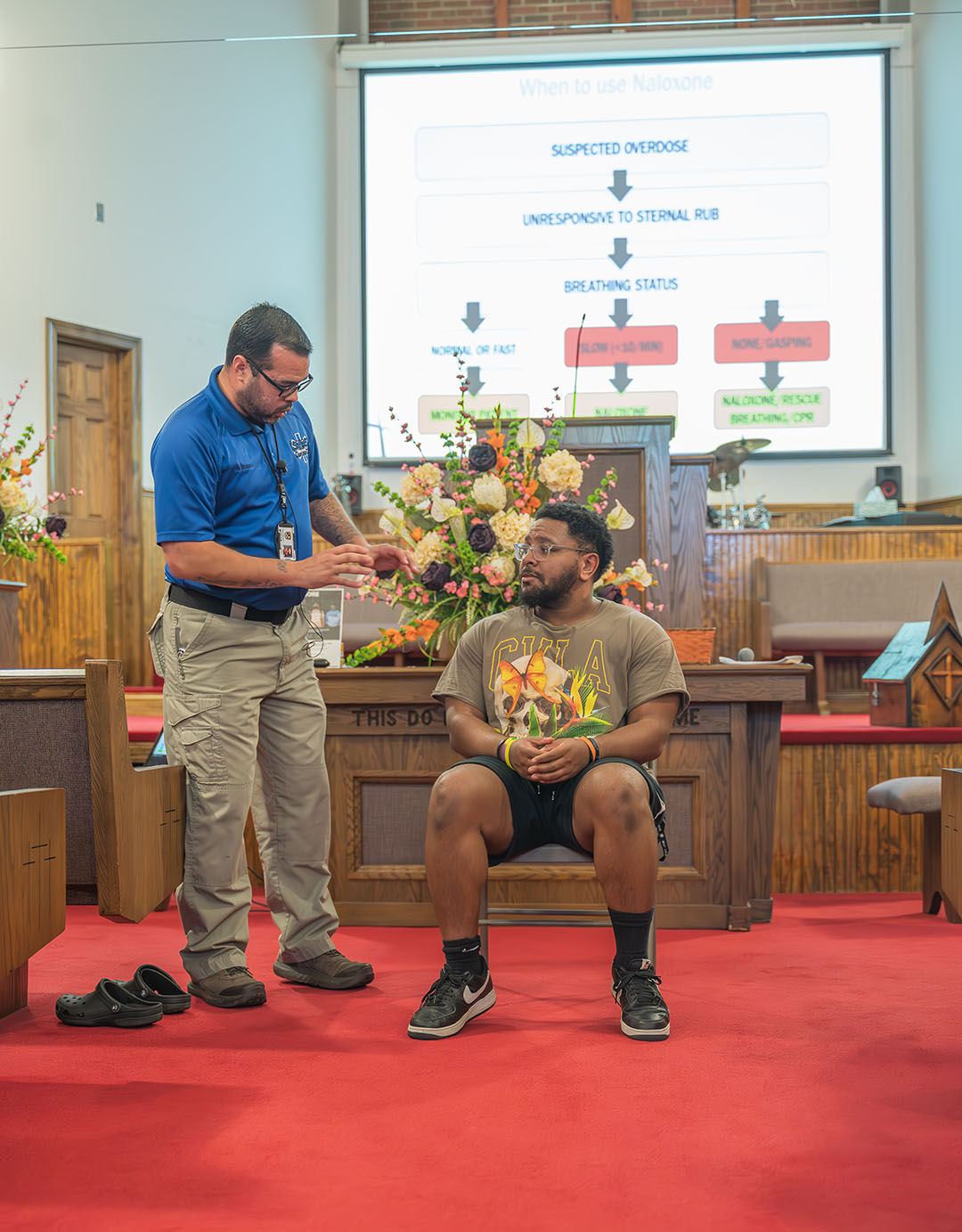
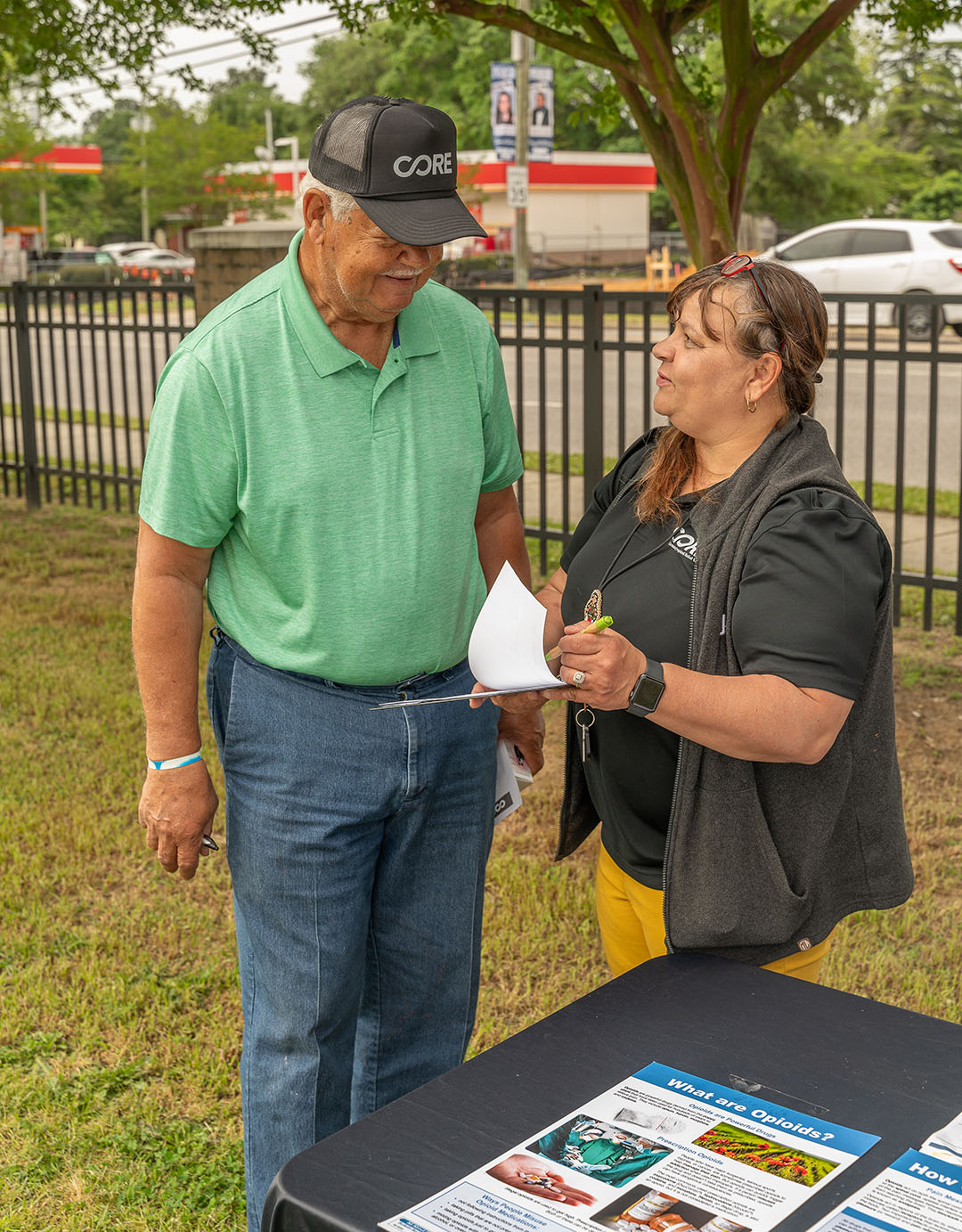
Preventative Health Education and Resource Coordination
CORE is partnered with several regional and national partners including UNC School of Medicine, North Carolina Department of Public Health and United Healthcare to effectively reach marginalized communities.
Through these partnerships, we provide community access to board-certified addiction medicine physicians who are integrated into sessions and training about medications for opioid use disorder (MOUD). Additionally, CORE’s community health workers host local events to address region-wide health disparities, connecting individuals to addiction treatment and mental health services, and resources for social determinants of health.
HIGHLIGHTS
GET TO KNOW US
GET INVOLVED
MEDIA

REGIONS
California, Georgia, Chicago, North Carolina, New Orleans, Puerto Rico, Kentucky, Navajo Nation, Washington, D.C., Hawaii
INTERNATIONAL
CORE is a charitable 501(c)(3) nonprofit organization. Federal tax ID: 27-1703237.
© 2024 | CORE – Community Organized Relief Effort | +1 (323) 934 4400
910 N Hill St Los Angeles, CA 90012